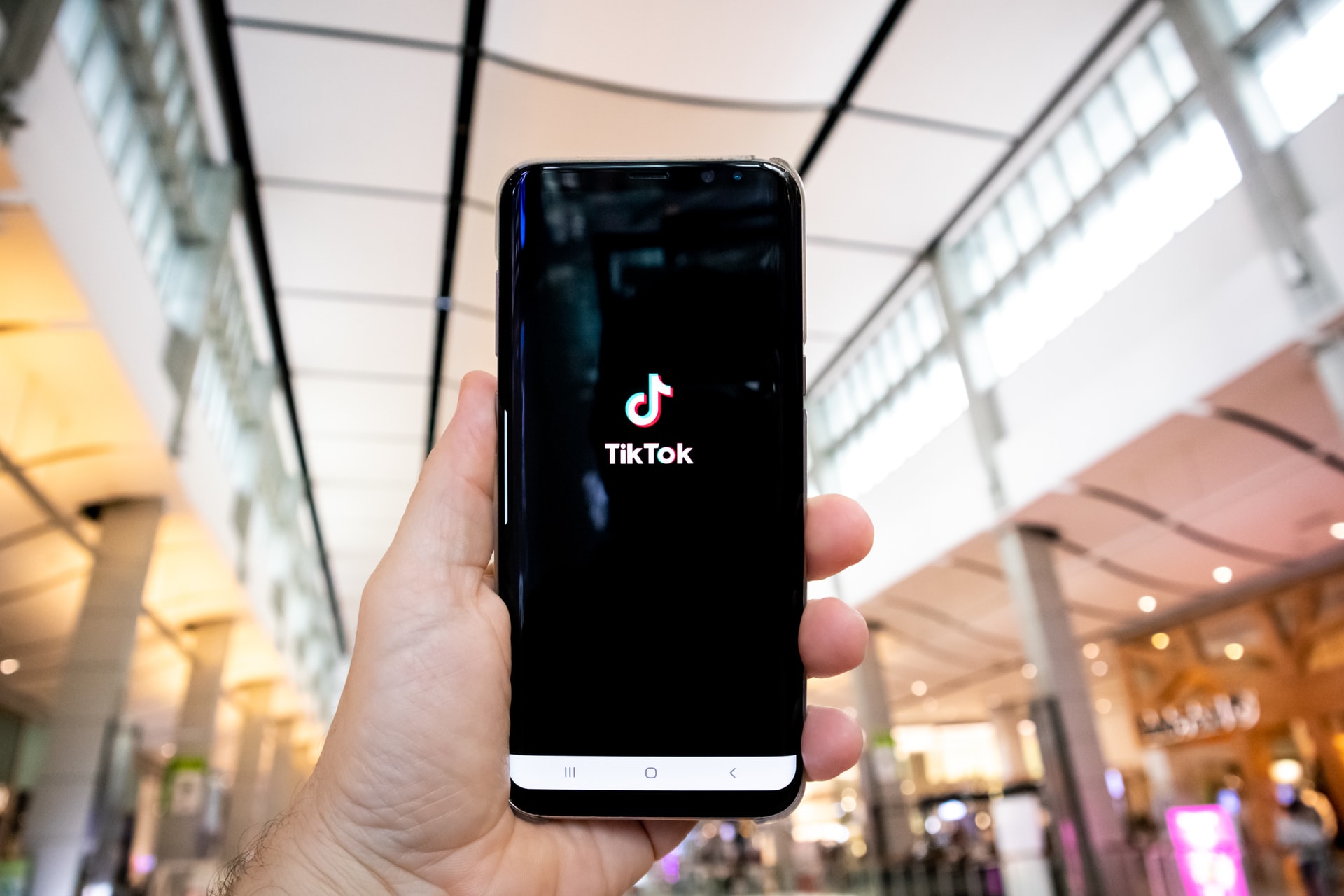Redundant apps occupy space, time, and resources. Here’s what you should know about them.
Who Runs the World? Apps.
We live in a world that is run by technology.
There are applications that help us increase efficiency in our businesses and personal lives. An app to wake us up in the morning and help us know what we have planned for the day ahead, one that helps us to keep track of our level of activity during the day and business performance, one that lets us order food and transport, and even, one that lets us manage other apps.
Question is, with the progression of technology, could we be running the risk of being overloaded by the apps that manage (or run) our businesses? The answer is yes.
What Are Redundant Apps?

Redundant apps are applications that serve little or no function in improving productivity in a business. Instead, they occupy space, waste resources, and serve unnecessary functions.
In the past 20 years, businesses have increased their usage of applications and software that provide products or services that makes business activities run in a seamless way. But, with the progression of technology, some of these resources end up being more of a liability than an investment.
Let’s look at an example.
In April of 2020, your company decided to make a 100 USD per month subscription for a software called ‘Mogul’ that allowed teams to communicate and track their projects in real-time. Mogul came in to help everyone work efficiently from the comfort of their home due to the COVID-19 pandemic.
At the same time, the sales team in your company required a 200 USD per month subscription called ‘Salevident’ that would allow them to track their sales, send messages to clients, send messages to the internal team, and keep track of their projects in real time.
Over time, you started realizing that the ‘Salevident’ software is what most of your staff members use and that ‘Mogul’ was continuously getting money out of your bank account but was hardly in use – deeming it as a redundant app and a liability.
Why Are Redundant Apps a Problem?
1. They are expensive.
As with the Mogul vs Salevident example, we sometimes make innocent investments in apps that at the time of purchase seem productive, but over time become destructive. For a business owner, this is your prompt to take stock and where necessary, delete the redundant apps.
2. They reduce efficiency and waste time.
Sometimes, we might find ourselves with two or three apps that serve the same purpose. And for a business, that would mean that your team spends time navigating between apps, thus wasting time.
Solution? Take stock of the apps and software that you use and delete the redundant apps that you do not need.
In conclusion, apps are a great addition to our lives – only when they serve the purpose they ought to and do it well. Take some time today to go through your devices, business subscriptions, and take stock of what you want to keep, and get rid of the redundant apps that have run their course.
To stay updated with all things technology in Africa, sign up to our weekly newsletter.










